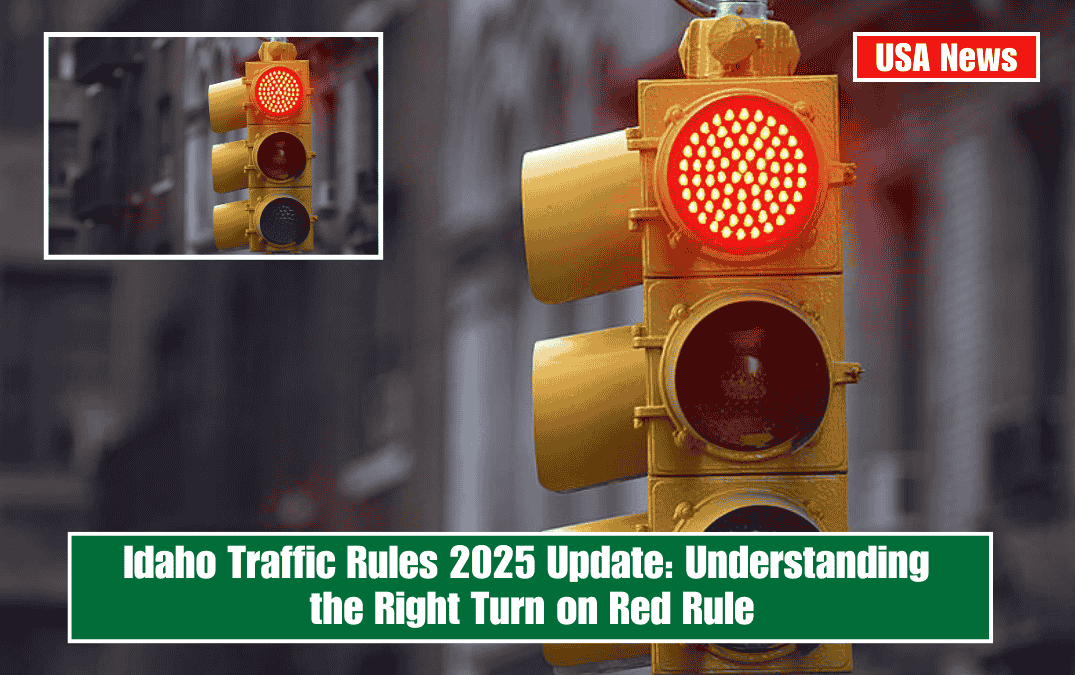Washington (AP) — A federal judge has allowed the Trump administration to proceed with a requirement that everyone living in the United States illegally register with the federal government, a move that could have far-reaching consequences for immigrants across the country.
In a decision issued Thursday, Judge Trevor Neil McFadden sided with the administration, which claimed that they were simply enforcing an already existing requirement for everyone in the country who was not an American citizen to register with the government.
The requirement goes into effect on Friday.
The Department of Homeland Security announced on February 25 that all people living in the United States illegally must register with the federal government, and those who do not self-report may face fines or prosecution.
Failure to register is considered a crime, and people must carry registration documents with them or face prison time and fines.
Everyone over the age of 14 who does not have legal status must register. Those registering must provide their fingerprints and address, and parents and guardians of children under the age of 14 must ensure they register.
The registration process also applies to Canadians who stay in the United States for more than 30 days, such as “snowbirds” who spend the winter months in Florida.
Federal immigration law has long required non-citizens living in the United States, including those here illegally, to register with the government.
Those laws can be traced back to the Alien Registration Act of 1940, which was enacted amid rising fears of immigrants and political subversives in the early days of World War II. The current requirements are derived from the Immigration and Nationality Act of 1952.
However, the requirement that people living illegally in the United States register has only been enforced in rare cases. In fact, opponents of the government claim it hasn’t been widely used since its introduction in the mid-1940s.
It was used in a limited capacity after September 11, 2001, when the National Security Entry-Exit Registration System mandated that all noncitizen males 16 and older from 25 countries, all but one of which had a majority Arab or Muslim population, register with the United States government.
The program resulted in no terrorism convictions, but it did place over 13,000 people in deportation proceedings. It was suspended in 2011 and then dissolved in 2016.
The Trump administration claims that the registration requirement has always existed and that officials are simply enforcing it for all.
According to the groups that sued, this registration process is specifically designed to facilitate President Donald Trump’s goal of mass deporting people who are in the country illegally.
The plaintiffs also argue that the government should have followed a more lengthy public notification process before making the change.
They argue that the registry puts people who work, contribute to the economy, and have strong family ties in America in a difficult position: do they come forward, register, and essentially give up their location to a government intent on mass deportation, or do they remain in the shadows and risk being charged with the crime of failure to register?
The government has already requested that those who are required to register create an account on the website of the United States Citizenship and Immigration Services.















